New spatial repellent tool is distributed to refugee camps in South Sudan to protect against vector-borne diseases
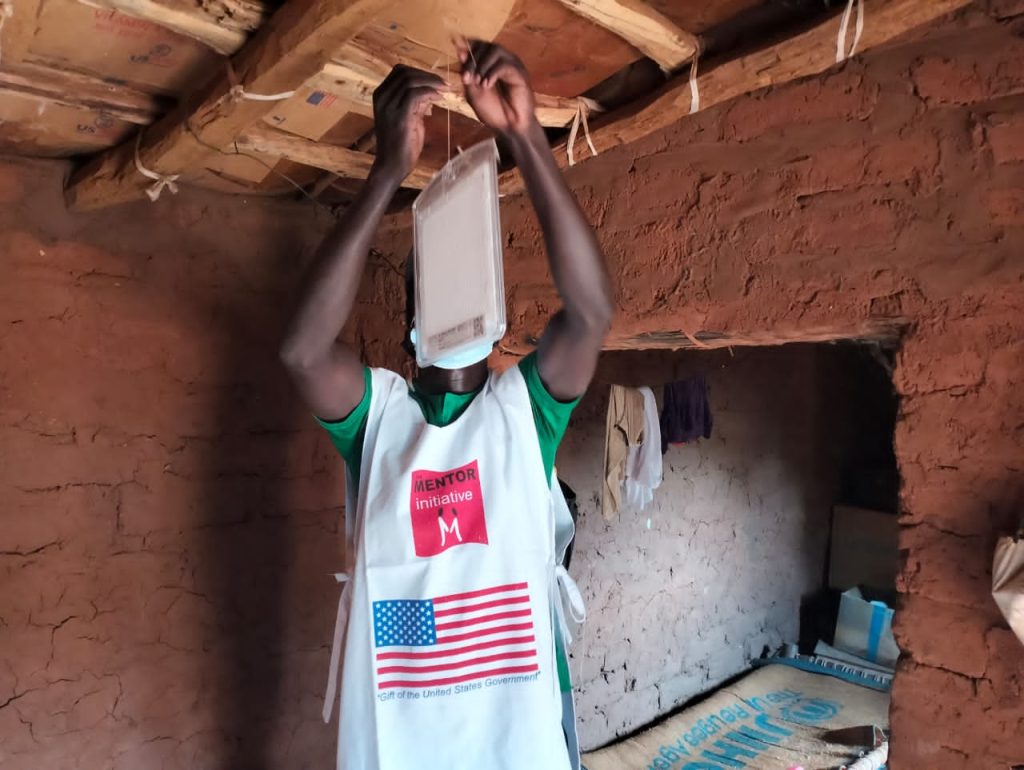
An innovative vector control tool is being distributed across refugee camps and host communities in Jamjang and Renk, South Sudan, as part of an integrated malaria prevention campaign that aims to protect over 200,000 people. Field staff and trained volunteers are installing SC Johnson spatial repellents in shelters in communities at most risk of malaria. […]
MENTOR presents at a MoH event in Burkina Faso
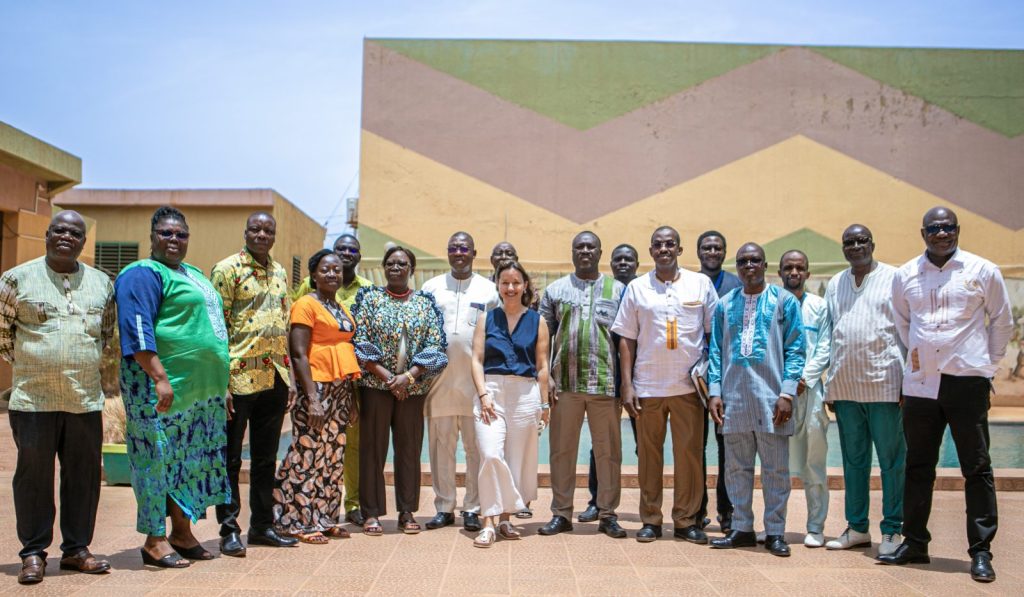
The MENTOR Initiative held an event last Friday to formally present the organisation to senior members of the Ministry of Health and relevant partners in Burkina Faso. MENTOR’s expertise in vector control, particularly through an integrated vector management approach, was highlighted as essential in Burkina Faso where vector-borne diseases are increasing, and an integrated approach […]
World Malaria Day
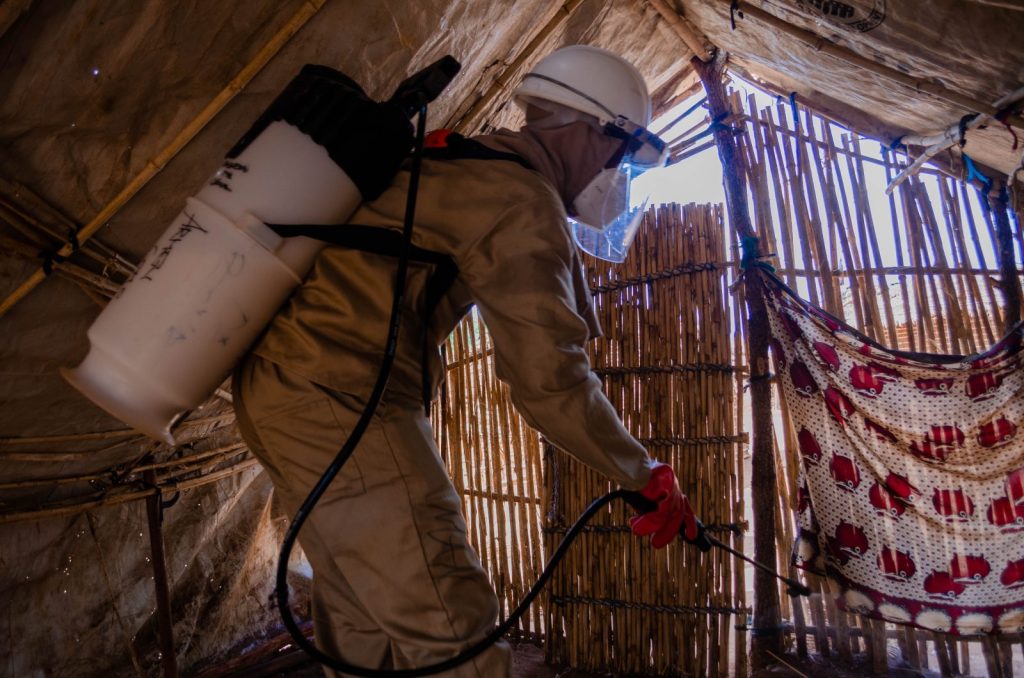
MENTOR’s priority has also been malaria control in vulnerable settings – where people are most at risk because of factors such as conflict, extreme weather, forced displacement and a lack of healthcare. For over 20 years we have adapted and expanded how we work to respond effectively to public health challenges and the behaviour and […]
Indoor residual spraying addresses high rates of malaria in northern Nigeria
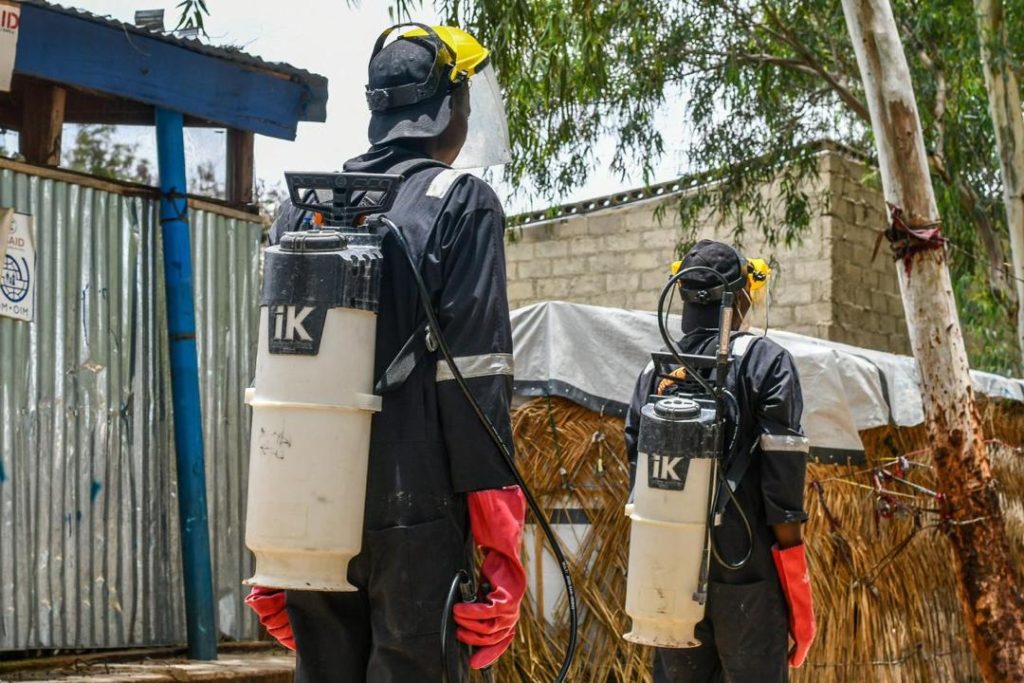
“After the flood disaster there were a lot of insects, especially the mosquitoes which really increased. Since MENTOR sprayed insecticide inside our houses there are no mosquitoes nor other insects.” – Aisha Muhammad, Bollori 2 ward, Maiduguri. In February, an indoor residual spraying campaign in flood-affected northern Nigeria was carried out to protect over 44,000 […]
New invasive mosquito detected in Angola
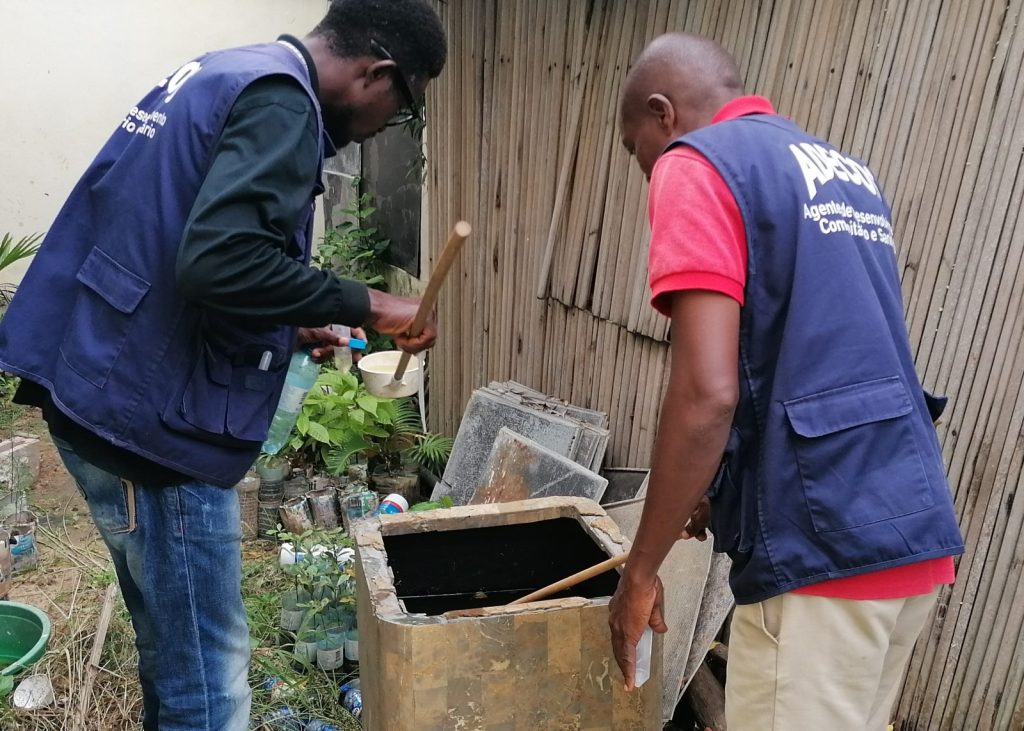
New research published in the Parasites & Vectors Journal, co-authored by MENTOR entomologists Gonçalo Martins Alves and Arlete Troco, reports the first detection of the Asian tiger mosquito (Aedes albopictus) in Angola. This important discovery was made during surveillance efforts supported by MENTOR targeting Anopheles stephensi – another invasive species – at key points of entry […]
Asian tiger mosquito in the oil-producing city of Soyo: the first report of Aedes albopictus in Angola

The Asian tiger mosquito, Aedes albopictus (Skuse, 1894), is a highly invasive species that has successfully colonized many tropical and temperate regions worldwide. Its rapid global spread is strongly associated with human activities and has created favorable conditions for the emergence of human arboviruses in new geographic areas. The paper reports the first detection of Aedes albopictus in Angola […]
Critical healthcare support after flooding in northern Nigeria last year

MENTOR continues to provide critical services and strengthen health systems in Maiduguri, Nigeria after flooding last year caused widespread damage to healthcare facilities, schools and other infrastructure, and the displacement of close to 400,000 people. The severe flooding impacted communities already struggling from the socio-economic crisis in the region, high rates of diseases and malnutrition, […]
Project brief: Ensuring the delivery of life-saving disease prevention services for refugees and returnees in Upper Nile and Unity State, South Sudan
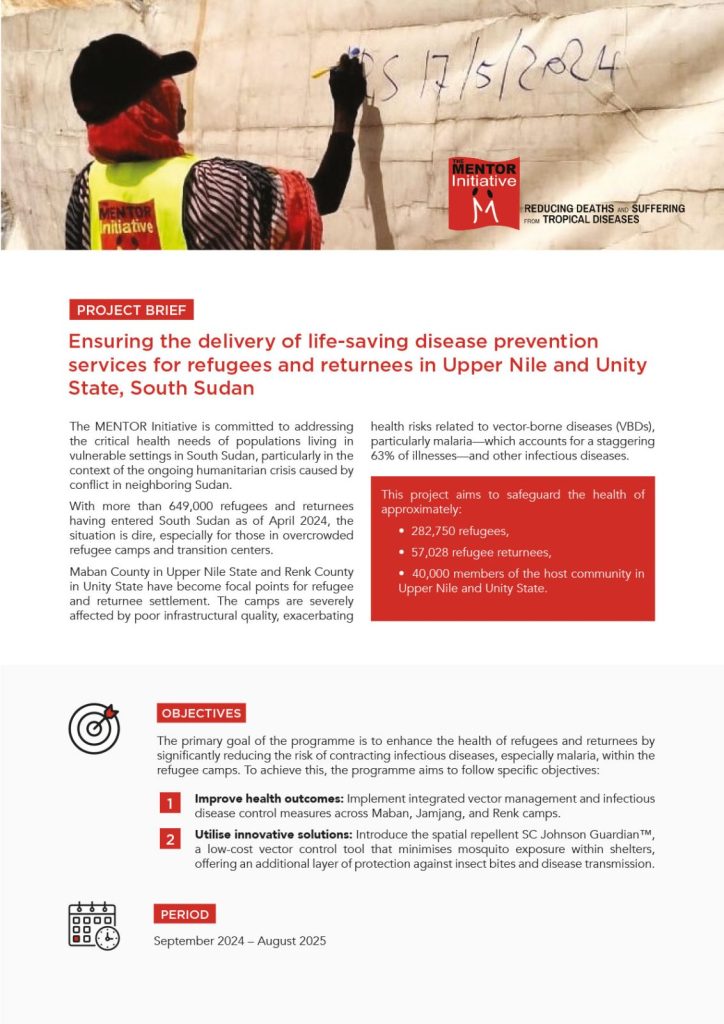
The MENTOR Initiative is committed to addressing the critical health needs of populations living in vulnerable settings in South Sudan, particularly in the context of the ongoing humanitarian crisis caused by conflict in neighboring Sudan. With more than 649,000 refugees and returnees having entered South Sudan as of April 2024, the situation is dire, especially […]
Severe flooding in northern Nigeria increases risk of malaria, pneumonia and cholera
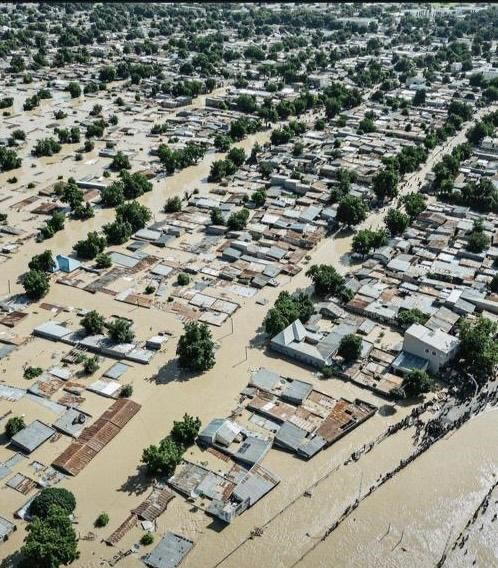
Severe flooding in northern Nigeria due to heavy rainfall has caused widespread destruction and the significant displacement of communities who are already impacted by a food and nutrition crisis, violence and insecurity. Infrastructure such as bridges and roads, and access to essential services such as hospitals, schools and markets have been affected by the floods. […]
New research shows association between malnutrition, malaria and season

A critical association between malnutrition, season and malaria in regions of Central African Republic affected by conflict has been highlighted in a new paper published today in the BMC Medicine Journal. The MENTOR Initiative analysed data from community health workers, Armed Conflict Location and Event Data, and The World Bank Group meteorological data for eight […]
